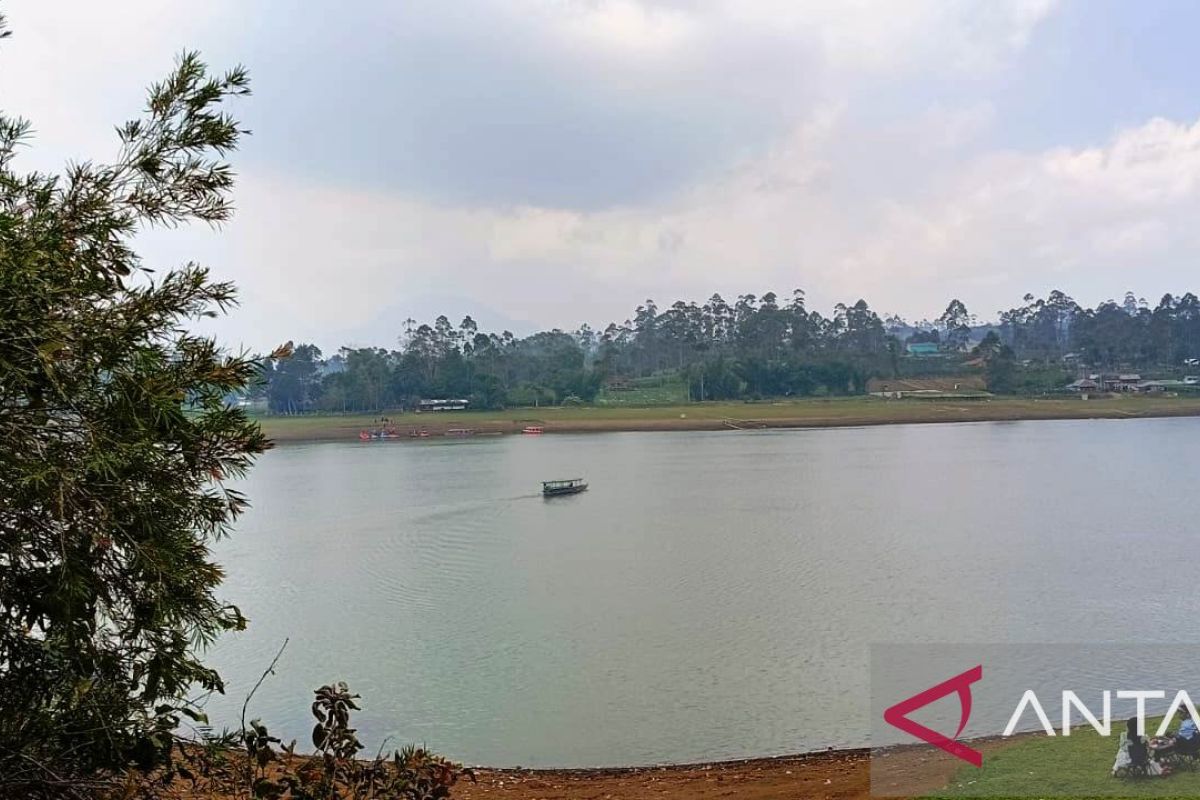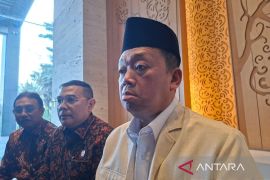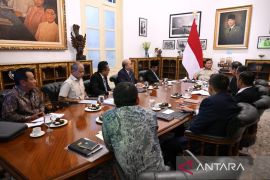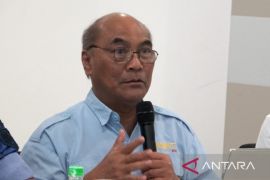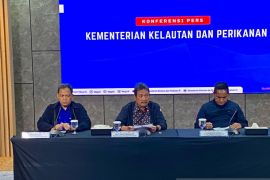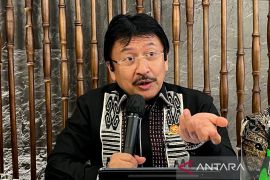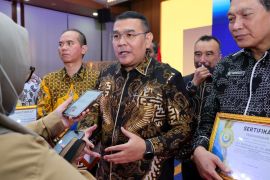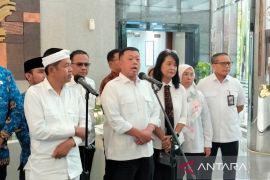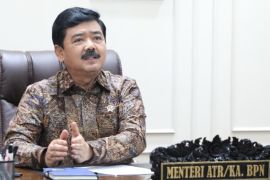A steadily blooming economy is intertwined with developments in a wide range of fields, which, in turn, further shoot up the prices of land parcels. In such a scenario, legal protection is of utmost importance for landowners to be free from the fears of their assets being occupied by those undeserving.
It is true, nevertheless, that Indonesian citizens have yet to break free from land issues, such as disputes, double ownership, and the practices of the land mafia. Moreover, public figures, such as comedian Ade Jigo, had to let his parents’ house be demolished following a loss in a legal battle in court.
Moreover, a national state figure, former foreign affairs deputy minister Dino Patti Djalal, had his clash against the land mafia, attempting to interfere with his parents’ assets. In this case, the National Police (Polri) arrested the land criminals and made them kneel before justice.
Moreover, some infrastructure construction works are hindered by difficulties in compensating the land parcels used due to unclear ownership among heirs to the assets.
In the wake of such problems, the Agrarian Affairs and Spatial Planning (ATR) Ministry has begun its mission of gradually digitizing all land certificates in a bid to narrow the chance of people making counterfeit ones.
I Ketut Gede Ary Sucaya, an official at the ATR Ministry, pointed out that the land mafia in Indonesia had been using fake certificates that look physically authentic to achieve their goals. Hence, to this end, the government has resorted to intensifying digitization efforts to make it much easier for people to assess the authenticity of a certificate.
Certificate digitization allows the name of a landowner not only to be inscribed in a physical certificate but also to be recorded in a digital databank. In that way, people would need to prove their ownership of a land parcel both by showing their name physically and digitally.
Digitization can also prevent data loss caused by incidents, such as house fires, which can result in total destruction, including of stored certificates. By digitizing land certificates, people can safeguard their valuable documents from physical loss, as they can manage the related data digitally through computers or smartphones.
Not all citizens are willing to digitize their certificates, though some still think that a digital format will instead make it easier for irresponsible parties to misuse their certificates. Bearing this in mind, it is vital for the government to build people’s awareness of the perks of digitizing their certificates.
Data security
In order to successfully implement its certificate digitization initiative, the government needs to convince residents that their data is protected. It is somehow tricky, though, as some government institutions have had their data breached by hackers, thereby resulting in a decline in public trust.
Despite it all, Pratama Persadha, a cybersecurity expert from State Intelligence College (STIN), expressed support for the government’s efforts to digitize public services.
In this regard, the expert laid emphasis on the importance of the ATR Ministry coordinating with the National Cyber and Crypto Agency (BSSN) to ensure that land certificate digitization will not be disrupted by cyberattacks, such as the one launched at the Temporary National Data Center 2 last June.
The preparedness of the people and availability of on-point regulations are considered prerequisites for Indonesia to succeed in its intensive digital transformation efforts.
Indonesia should take notes from the valuable lesson that Estonia learned in cybersecurity when a crippling cyberattack launched by hackers from Russia rendered the Baltic state’s banking and telecommunication networks paralyzed in April 2007
Persadha, currently serving as chairman of the Communication and Information System Security Research Center (CISSReC), deems it vital that the Indonesian government further expand internet coverage to more rural regions in order to succeed in land certificate digitization.
Out of Indonesia’s approximate 280 million population, about 11 million people have yet to avail proper access to the internet, which serves as a critical instrument that can facilitate citizens to access digitized public services, including those related to agrarian affairs, anytime and anywhere.
The expert also highlighted the need to pay closer attention to the allocation of budget dedicated to the maintenance of digital systems, saying that such a budget should be viewed as an investment that guarantees protection from cyberattacks.
Synchronized steps
Another key to a successful agrarian digitization mission is a sound level of synergy between the ATR Ministry, the Home Affairs Ministry’s Directorate General of Population and Civil Registry, BSSN, and other relevant stakeholders.
Inspector General of the ATR Ministry Raden Bagus Widjayanto stated during a focus group discussion that it is impossible for his office to carry out land certificate digitization unilaterally, noting that collaboration is the key to transparency and accountability.
He explained that the ATR Ministry is synergizing with the Home Affairs Ministry to verify data on land parcels owned by individuals and collaborating with the Law and Human Rights Ministry to validate data on lands belonging to legal entities.
The official then emphasized the importance of augmenting the quality of human resources to support the digitization program. In this regard, the ATR Ministry had designated over 500 of its offices as a corruption-free zone and Integrity Zone.
Efforts to improve the quality of human resources are expected to produce more reliable officials capable of implementing the certificate digitization program quickly and responsibly, ultimately leading to solid public trust.
Related news: Rp5.7 trillion saved from land mafia: Minister AHY
Related news: Land certificates provide peace of mind from misuse: Minister
Related news: Govt prepares operational targets to eradicate land mafia
Translator: Ganet D, Tegar Nurfitra
Editor: Azis Kurmala
Copyright © ANTARA 2024
